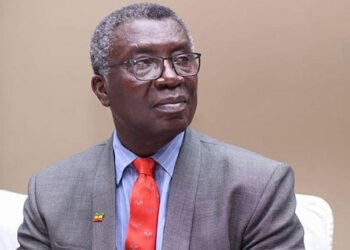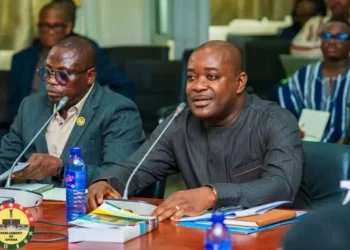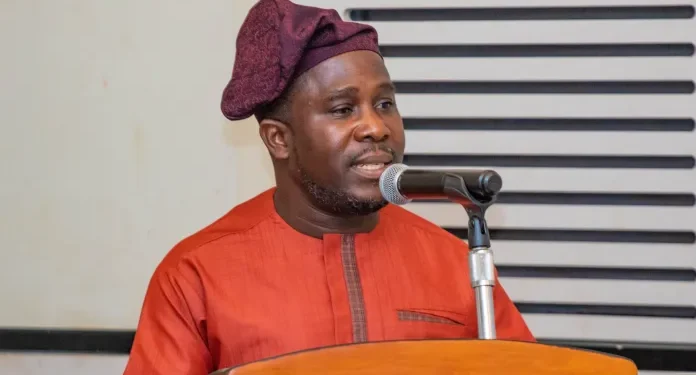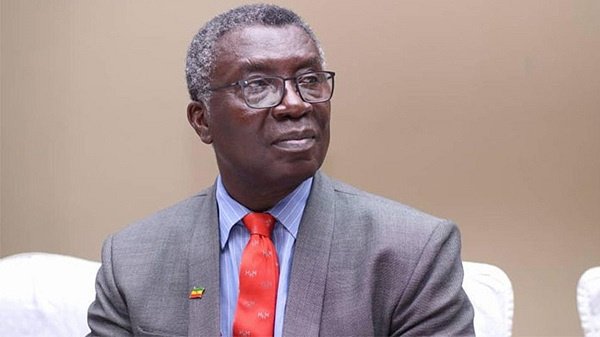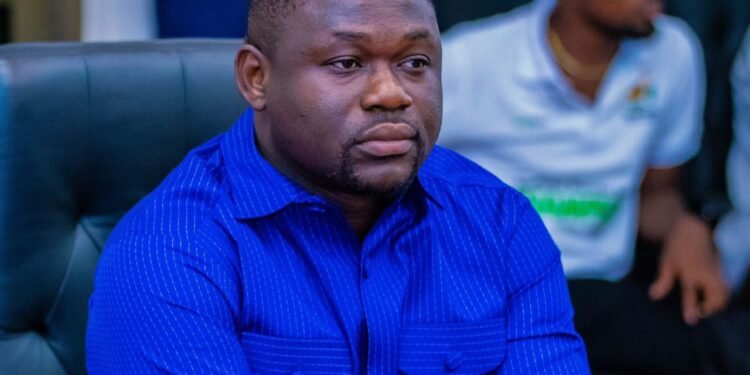In a developing legal debate that has sparked public concern, legal expert Professor Kwadwo Appiagyei-Atua has weighed in on whether individuals facing prosecution—particularly those previously affiliated with national intelligence services—can freely disclose classified information in court.
The issue has gained attention following comments made by lawyer Samuel Atta-Akyea, who hinted that his client, Adu Boahene, might be compelled to reveal sensitive national security details during legal proceedings.
Speaking on the matter, Prof. Appiagyei-Atua firmly stated, “I’m not sure the law allows anybody to say anything at all when it comes to national security issues.”
His caution underscores a legal tension between individual rights during prosecution and the broader interests of state security.
According to him, although due process must be respected, the law has built-in safeguards to prevent arbitrary release of information tied to the national security framework.
“There are particular laws that should apply… And when it becomes necessary, of course, you have to balance the due process rights of the accused person or the defendant in the case with the larger interests of society.”
Professor Kwadwo Appiagyei-Atua
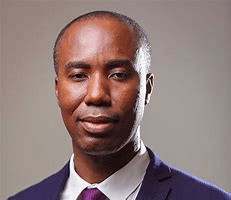
These remarks were made in direct response to the ongoing legal drama involving Adu Boahene, who reportedly held a sensitive role in Ghana’s National Security setup.
His legal counsel has argued that proceeding with prosecution may risk the exposure of classified material, especially during cross-examination.
However, Prof. Appiagyei-Atua emphasized that national security information is not something the defendant can unilaterally decide to disclose.
“The court should make sure that the rights of the accused person are not compromised simply in the name of national security. At the same time, the law doesn’t lie in the hands of the defendants who used to work for the National Security Agency.”
Professor Kwadwo Appiagyei-Atua
Disclosure Subject to Ministerial Approval
At the heart of the issue is a crucial point of law: who has the authority to decide what can and cannot be disclosed.
Prof. Appiagyei-Atua clarified that under Ghanaian law, it is the Interior Minister who holds the mandate to authorize the release of certain sensitive information to the courts or relevant ministries.
This regulatory pathway is designed to prevent reckless or unauthorized release of intelligence that may jeopardize national interest or endanger lives.
The legal expert further warned that the defendant cannot simply claim possession of national security information as a blanket defense or as leverage in court.
“And if the situation is not clear, the matter may be referred to the Supreme Court for the Supreme Court to make that determination as to what information can be divulged without compromising national security or otherwise.”
Professor Kwadwo Appiagyei-Atua
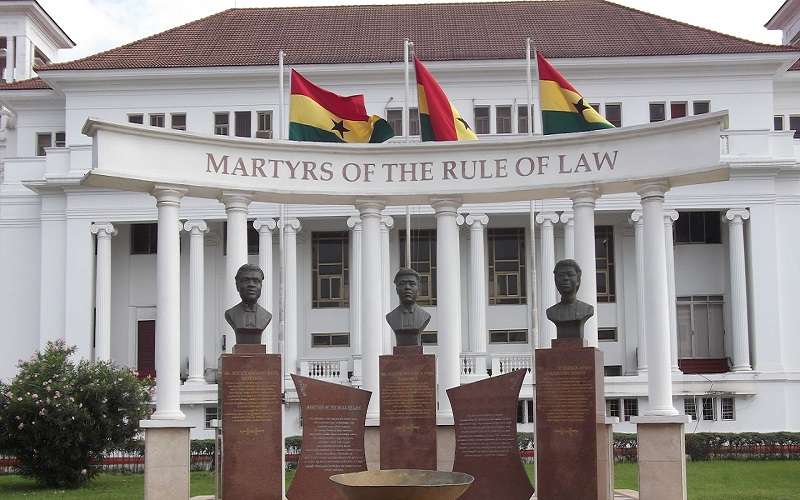
On the issue of whether such information can be disclosed under oath during cross-examination, Prof. Appiagyei-Atua noted that this, too, is bound by legal restraint. “It doesn’t normally happen, and I’m sure the counsel for the defendants knows about that.”
According to him, if at any moment a defendant feels compelled to reveal sensitive details, the proper procedure is to “approach the bench, and the bench may decide whether that information could be disclosed or otherwise.”
He maintained that the decision hinges on the nature and risk of the information being shared.
His comments suggest that national security laws provide a significant buffer against indiscriminate exposure of state secrets, even during high-stakes trials.
He reiterated that all parties involved—lawyers, judges, and defendants—must follow due legal procedures, especially when national interest is at stake.
National Security Leak Could Widen Case
Prof. Kwadwo Appiagyei-Atua also responded to reports suggesting that certain sensitive expenditures from the National Security Secretariat had entered the public domain and were associated with Adu Boahene.
He noted that If it is confirmed that the information was not leaked as asserted by lawyer Atta-Akyea but deliberately disclosed by Boahene himself, the act could constitute a legal violation.

This, Prof. Appiagyei-Atua, noted could potentially lead to additional charges in the ongoing prosecution. “It will provide another basis for the prosecution to maybe Bring other charges against him,” he explained, hinting at a potentially widening legal case.
The conversation surrounding the intersection of due process and national security secrecy is not new in Ghana’s legal environment, but this case brings renewed urgency to clarifying boundaries.
It highlights the fragile balance courts must maintain—ensuring justice for the accused while safeguarding the security of the state.
As the legal proceedings continue to unfold, all eyes remain on how the judiciary will interpret and apply laws governing state secrecy, especially in a politically sensitive and high-profile case such as this.




